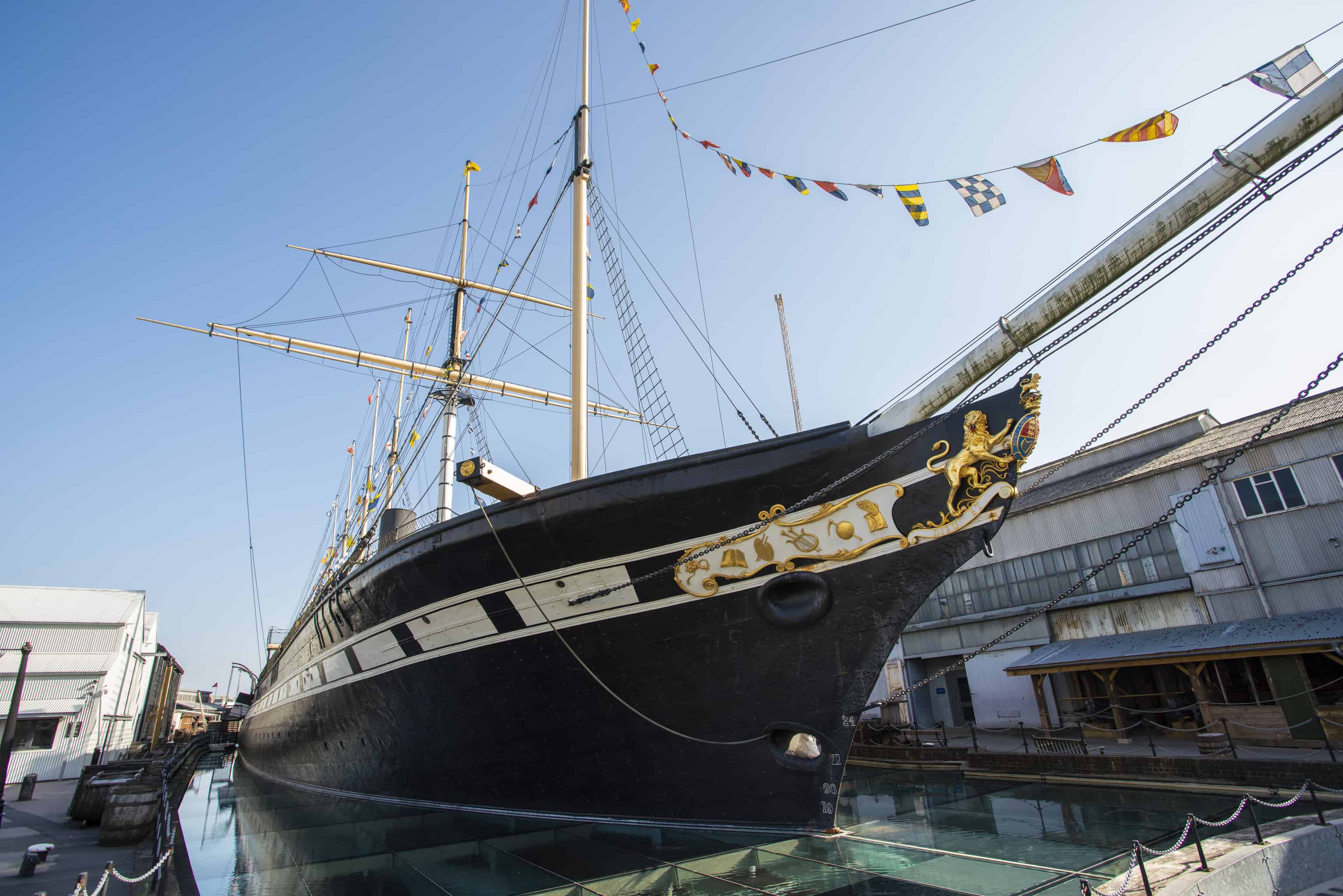Which religions?
The passengers were a diverse lot. In the diaries, there are reports of Scottish and Irish Presbyterians, Wesleyan Methodists, Quakers, Catholics, Protestants, Jews, and even a Bantu minister from Africa.
When did they have their services?
The Christian services took place every Sunday, often both morning and evening. It helped create a routine whilst on board the long voyage.
Who led the services?
If there was a clergyman amongst the passengers, they would read the service. If not this task would be left to the captain, the surgeon or the purser.
Where on board?
Passengers attended services in different parts of the ship. Catholic services were predominately held in Steerage; and protestant services in the Saloon. On one voyage in 1852, the officers mess room was used as a synagogue.
An anonymous diarist from 1863 writes about Thomas Caldwell, a Scottish Presbyterian minister, taking the service in steerage. Mr Bagley, a minister from Northern Ireland, took the service in the second cabin. Whereas, Becket, the ship’s purser, read the sermon in first-class.
If the weather permitted, services were held on different parts of the deck and makeshift chapels were made from a variety of materials such as boxes, planks and sails. The passengers seemed to prefer the services up on deck, especially when it was hot. Although on one occasion the service was interrupted by pods of porpoises!
What did they do for Easter?
What the passengers did at Easter is a little unclear. Although some of the diarists mention Easter aboard, they don’t talk about any special festivities. Thomas Porter, a passenger aboard the 1863 voyage mentions Easter Monday in passing, but gives no details. Rachel Henning, a first-class passenger in 1861, writes about a religious service happening, but doesn’t connect it to Easter. Miss Elizabeth Joseph in 1870 writes that Good Friday made her think of home.
Want to find out more about what life was like aboard for our Victorian passengers?
Pop down to the Brunel Institute and have a look through the passenger diaries for yourself or contact our curators online.
Author: Imogen Dickens, International Project Officer.



